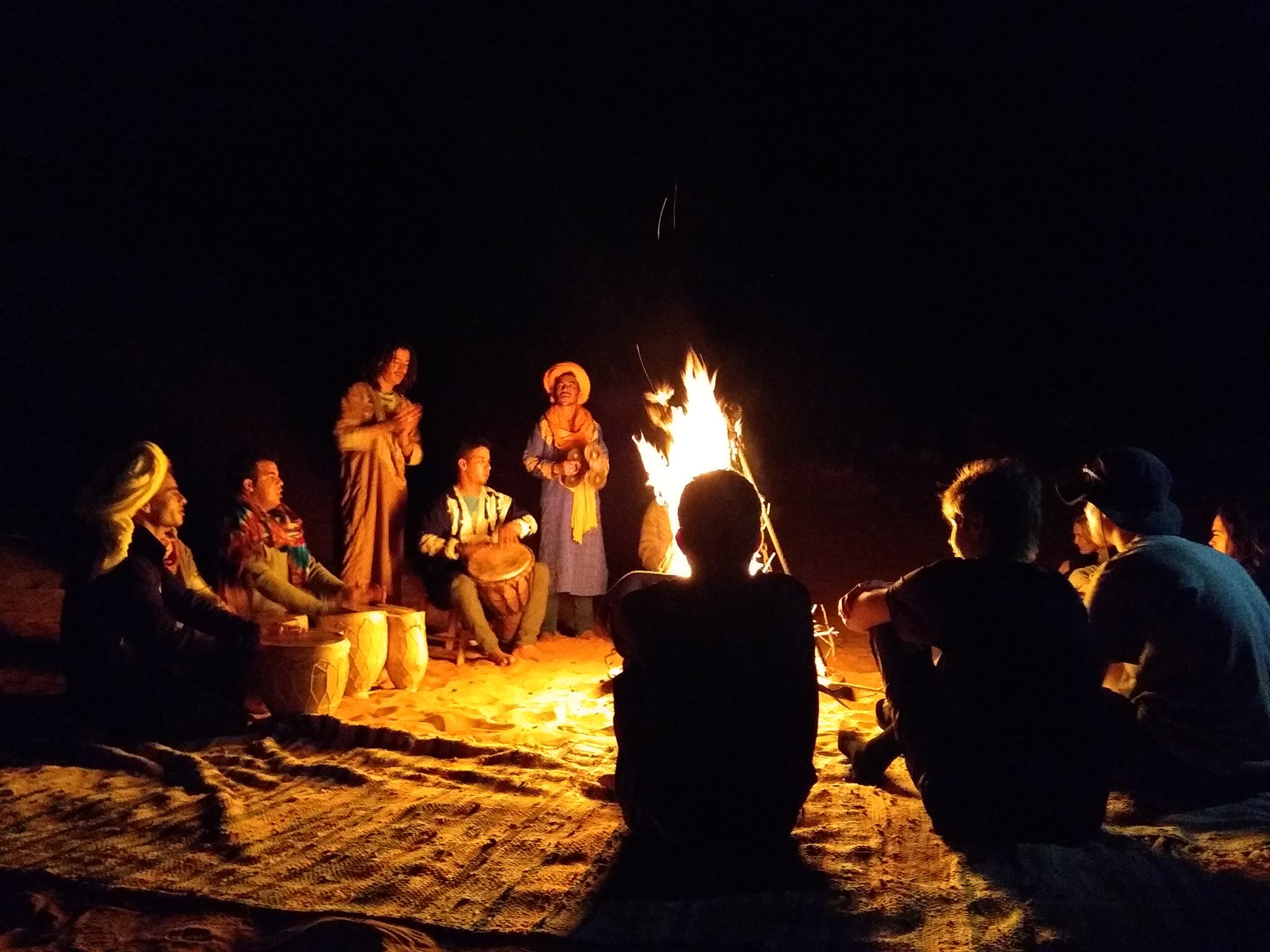Why Teach Empathy?
Mountain Connection, August 20, 2020
Our school 2020-2021 school year will kick off next week with Cohort Week, or CoHeart Week, as Margi prefers to call it. Cohort Week is an opportunity for students to get to know the campus, one another, school systems, and new programs and protocols. As part of new programs, faculty will be facilitating Empathy Training, created by Ms. Kinshella, for all 9-12 students. The training will take place for 1 hour each day during the following week with a focus on how we can grow our ability to empathize and how, in our current dynamic political and social climate, we can have thoughtful and productive discourse. But first, what is empathy?
The basis of our training uses the following definitions:
Courtney E. Ackerman, MSc., in her empathy learning worksheets describes, “Empathy is the caring emotion. It means the ability to put yourself in someone else’s shoes in order to feel what they are feeling. For example, if you saw a little girl cry because she dropped her ice cream on the ground, you might feel empathy towards her because you could relate to her sense of sadness. You might even feel a tinge of sadness yourself. This feeling of sadness or happiness because of what others experience is called empathy.”
And in the “War for Kindness” Jamil Zaki writes, “Most people understand empathy as more or less a feeling in itself–I feel your pain–but it’s more complicated than that. “Empathy” actually refers to several different ways we respond to each other. These include identifying what others feel (cognitive empathy), sharing their emotions (emotional empathy), and wishing to improve their experiences (empathic concern).”
 Our curriculum begins with two sessions that will explore these definitions and ask our students to consider that they can change how empathetic they are as individuals. We will also ask the question, “Do you see ways in which our society encourages or discourages empathy?” The next two sessions will be spent focusing on how to cultivate empathy through listening and Metta meditation. The training will conclude with a journaling and open dialogue surrounding how we empathize across party lines, values, beliefs, and cultures.
Our curriculum begins with two sessions that will explore these definitions and ask our students to consider that they can change how empathetic they are as individuals. We will also ask the question, “Do you see ways in which our society encourages or discourages empathy?” The next two sessions will be spent focusing on how to cultivate empathy through listening and Metta meditation. The training will conclude with a journaling and open dialogue surrounding how we empathize across party lines, values, beliefs, and cultures.
Throughout the year we will emphasize empathy through our core principles. Students and teachers will continue to practice it, flexing their empathy muscles in classrooms, on camp trips, and in the dorms.



